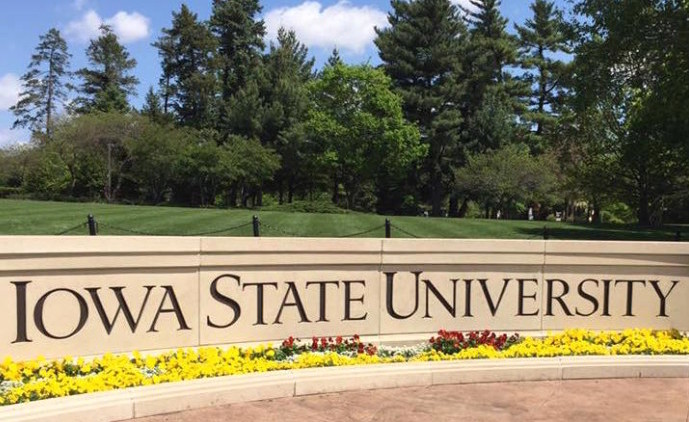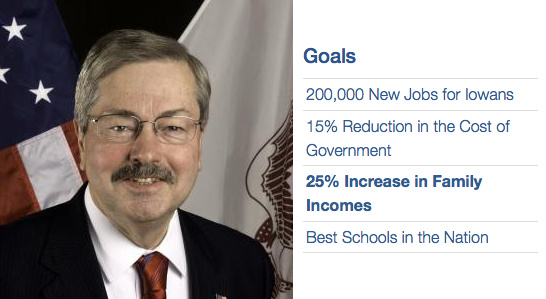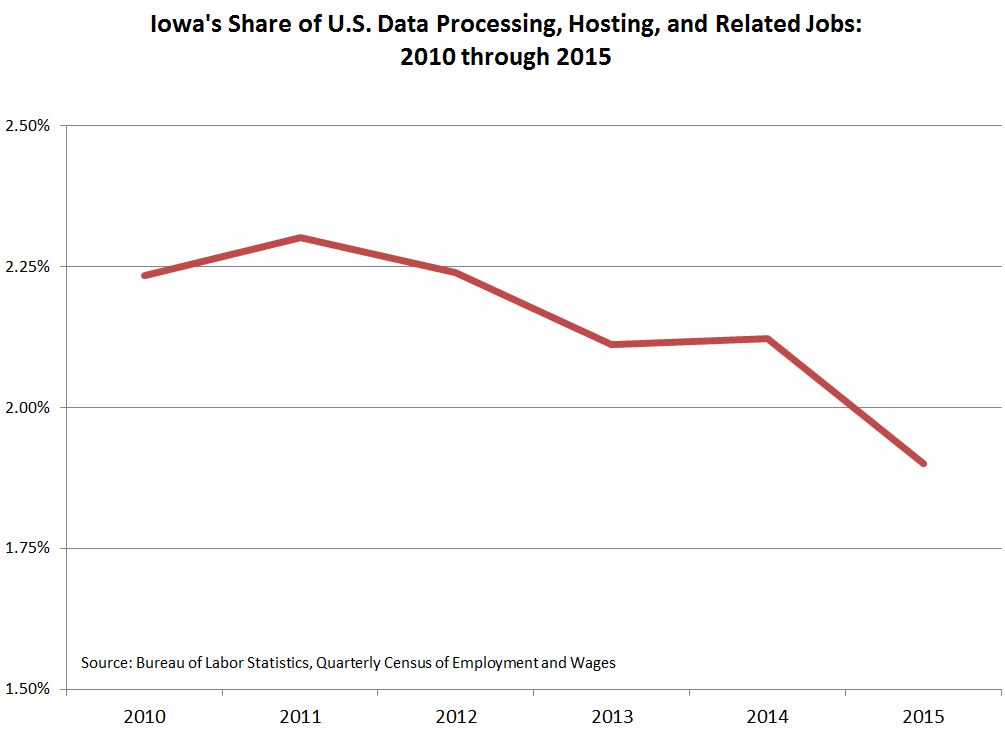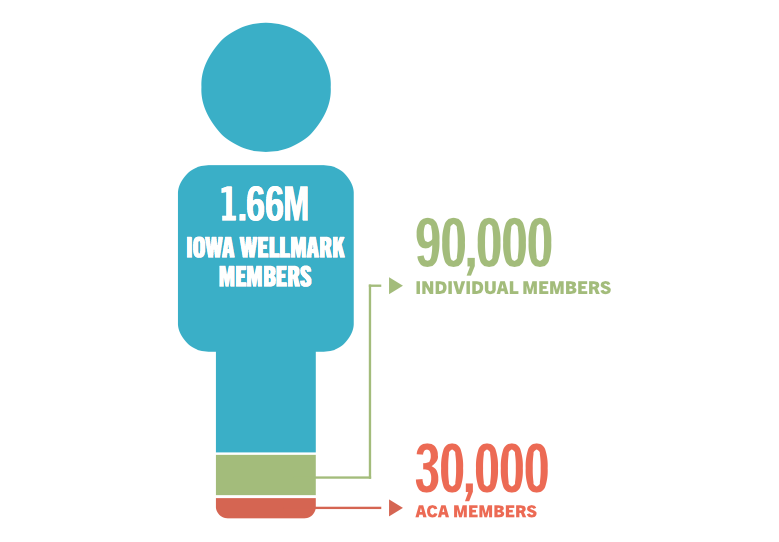Today the New York Times published short lists for every position in Donald Trump’s cabinet, “using information from the Trump transition team, lawmakers, lobbyists and Washington experts.” The leading names for secretary of agriculture are Kansas Governor Sam Brownback, Texas Agricultural Commissioner Sid Miller, former Georgia Governor Sonny Perdue, and Chuck Conner, CEO of the National Council of Farmer Cooperatives.
Six Iowans were among more than 60 people on the “Agricultural Advisory Committee” Trump’s campaign announced in August. Governor Terry Branstad has never expressed interest in a federal government job. Iowa Secretary of Agriculture Bill Northey is widely expected to run for governor in 2018, unless Branstad seeks a seventh term. Sam Clovis is under consideration for deputy chief of staff for policy. Former State Representative Annette Sweeney, who leads a public policy group called Iowa Agri-Women, doesn’t have the stature for a cabinet position. The same goes for Ron Heck, a farmer and past president of the American Soybean Association.
Then there’s Bruce Rastetter, who made a fortune building factory farms and another fortune in the ethanol industry. Often described as a “kingmaker” despite the mixed results for candidates he has favored, Rastetter may soon need a new gig for throwing his weight around politically. His term on the Iowa Board of Regents, where he is nominally president but de facto the decider for the nine-member board, expires at the end of April 2017. Even after last week’s devastation, Democrats have enough votes in the Iowa Senate to block Rastetter’s confirmation, assuming Branstad renominates him to the governing board for the three state universities.
Trump is reportedly considering quite a few corporate executives for cabinet positions, so why isn’t Rastetter on the short list? He may be a casualty of New Jersey Governor Chris Christie’s declining influence in Trump’s inner circle. Rastetter has long been on good terms with Christie, but the governor was replaced as leader of Trump’s transition team soon after the election. (A source told Deadspin that “Trump had just picked Christie as transition chair nominally, as everyone had assumed the New Jersey governor would never actually have to do any work.”)
What will be Rastetter’s next political move if no federal job is forthcoming, and the Iowa Senate declines to confirm him to another term on the Board of Regents? Spin your own scenarios in this thread.
P.S.-Searches on the Iowa Ethics and Campaign Disclosure Board’s website indicate that Rastetter gave less money to Iowa Republican candidates and political committees during the 2016 cycle than he had during the previous several elections. His only five-figure gifts in 2015 or 2016 were $10,000 to Kim Reynolds for Lieutenant Governor, $25,000 to Iowa Senate Minority Leader Bill Dix’s committee, and several gifts totaling $40,000 to House Speaker Linda Upmeyer’s committee. That’s a significant drop from Rastetter’s large contributions to GOP candidates and committees during the 2014 and 2012 election cycles. He hasn’t given any money to Nick Ryan’s Team Iowa PAC since 2012, when his donations to that PAC alone totaled $120,000. The Team Iowa PAC ceased to be a major player in Iowa legislative races after the 2012 election. The American Future Fund 501(c)4 group, for which Rastetter provided “seed money” in 2007, spent less to influence federal elections in 2014 and 2016 than it had in 2012.
UPDATE: Trump’s son-in-law Jared Kushner is reportedly behind the “purge” of Christie loyalists from Trump’s transition team. When Christie was a U.S. attorney, he put Kushner’s father in prison.

























